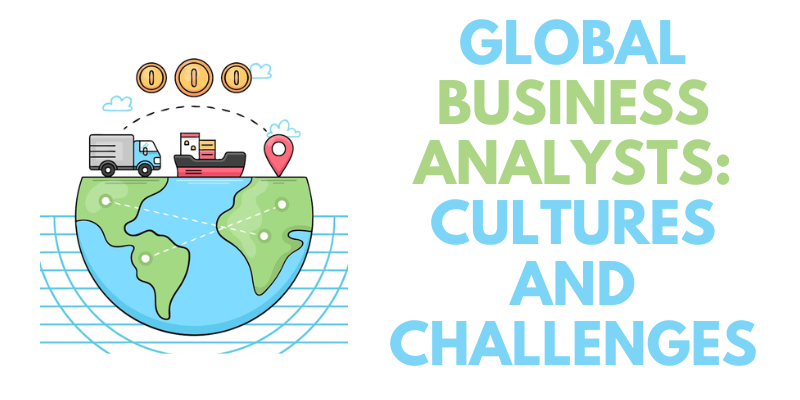
In today’s globalised world, international business has become a norm rather than an exception. As companies expand their operations across borders, business analysts play a crucial role in ensuring success. However, this expansion comes with its unique challenges, chief among them being the need to navigate cultural differences. In this blog, we will delve into the intricacies of international business analysis, exploring the challenges and opportunities of working in diverse international markets.
Understanding Cultural Differences
Culture as a Foundation
Culture is the bedrock of society, encompassing beliefs, values, customs, and behaviors. When businesses cross borders, they encounter cultures that may differ significantly from their own. Understanding these cultural nuances is essential for successful international business analysis, especially for professionals pursuing an MBA Business Analytics.
Communication Challenges
Language differences are only the top of the iceberg. Misunderstandings can occur as a result of differences in communication styles, both vocal and nonverbal. Direct communication, for example, is favoured in certain cultures, whilst indirect communication is the norm in others.
Challenges in International Business Analysis
Market Research
Effective market research in a foreign country requires more than just translating surveys. Analysts need to understand the cultural context and biases that may affect responses. Moreover, data collection methods and sources may vary widely across cultures.
Regulatory Differences
Each country has its own set of regulations governing business practices. Analysts must stay abreast of these regulations, which can change frequently, to ensure compliance. Navigating legal frameworks in unfamiliar territories can be a daunting task.
Negotiation and Decision-Making
Negotiation styles vary significantly across cultures. In some cultures, negotiations are formal and hierarchical, while in others, they are more informal and collaborative. Business analysts must adapt their negotiation tactics to fit the cultural context.
Opportunities in International Business Analysis
Innovation and Creativity
Diverse cultural perspectives can be a source of innovation. When analysts bring together team members from different backgrounds, they foster creativity and fresh approaches to problem-solving.
Market Expansion
International business analysis, particularly for professionals with expertise in MBA Business Analytics In Chennai, can open doors to new markets and customer segments. Analysts who understand the cultural intricacies of a market can help businesses tailor their products and services to local preferences.
Global Talent Pool
In today’s linked world, businesses have access to a worldwide talent pool. Analysts might work with specialists from other nations who provide a plethora of information and expertise.
Conclusion
International business analysis, a multifaceted field essential for professionals aspiring to excel in MBA Colleges In Chennai, is a complex discipline that demands a profound understanding of cultural differences. While these differences can pose challenges, they also offer unique opportunities for innovation and growth. To succeed in diverse international markets, business analysts must be adaptable, culturally sensitive, and willing to embrace the richness of global perspectives. As our world continues to evolve and become more interconnected, the role of international business analysts will only become more critical in ensuring the success of businesses on the global stage. By navigating cultural differences effectively, analysts can help companies thrive internationally.

